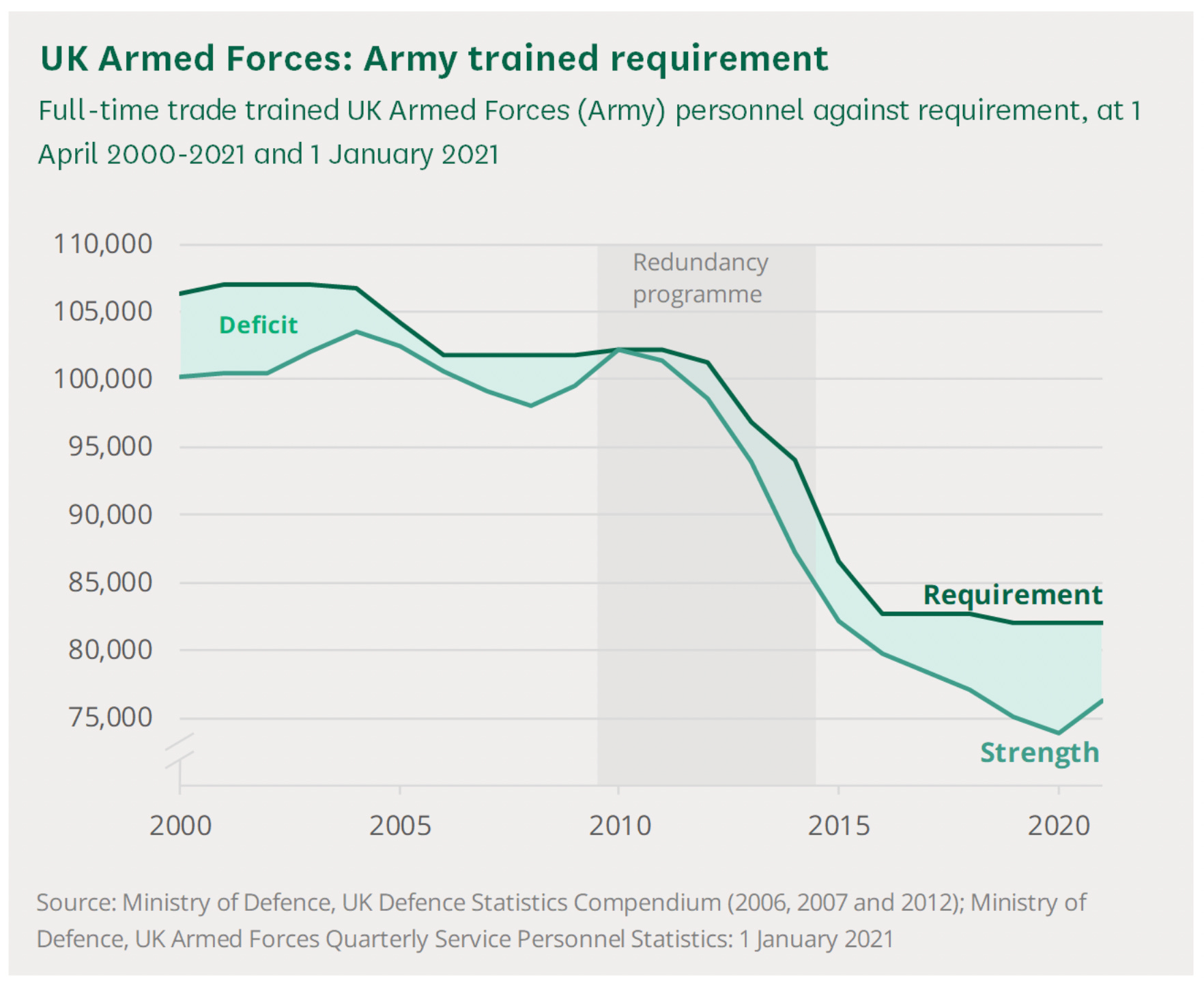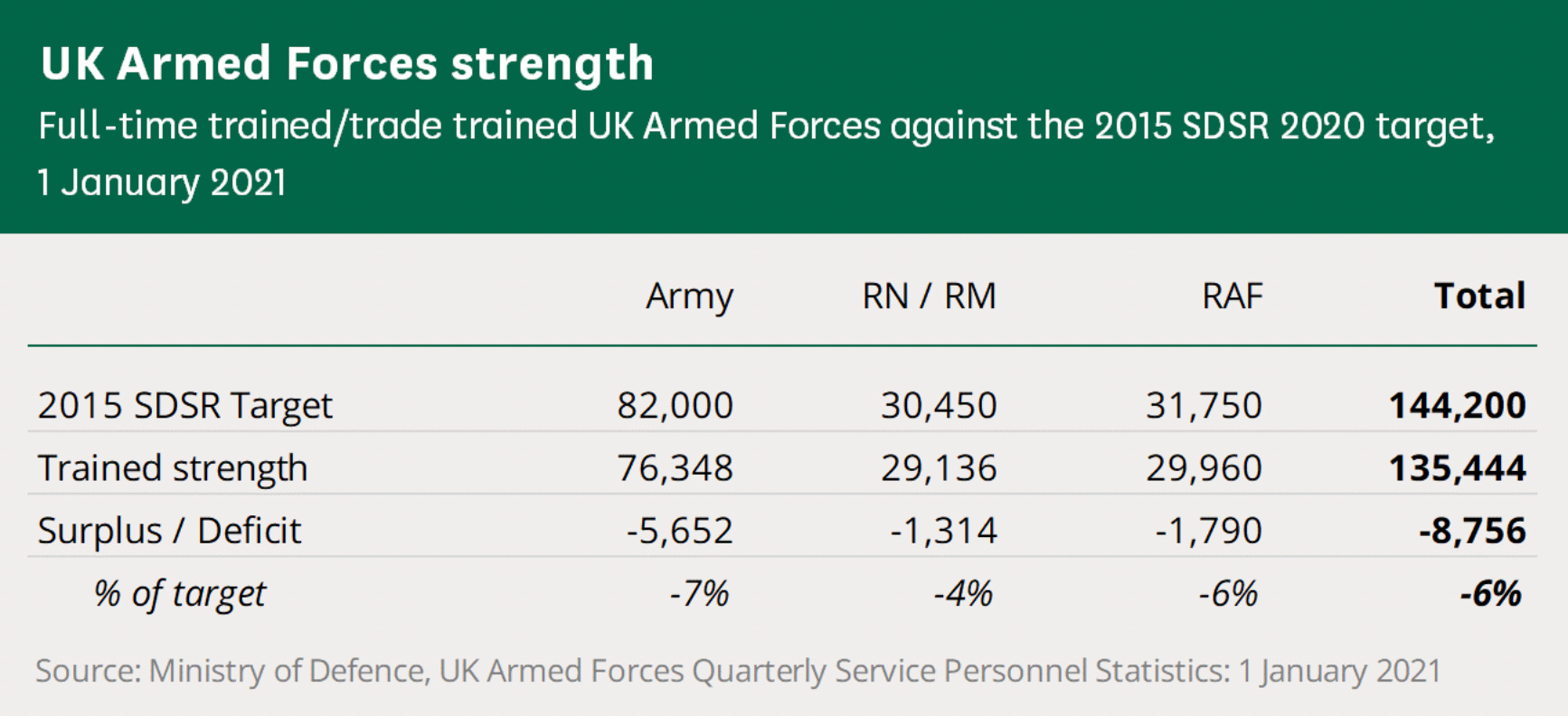In a significant shift in military policy, the head of the British Army, General Sir Patrick Sanders, is set to alert the nation to the potential need for civilian mobilisation in the event of a war with Russia. This warning comes amidst concerns over the diminished size of the British Army, now at its lowest in centuries.
In a speech scheduled for Wednesday at the International Armoured Vehicles expo in Twickenham, Gen Sir Patrick, known for his vocal stance against troop reductions, will emphasise the urgency for the UK government to prepare the British public for a possible call-up if NATO engages in conflict with Russia. The Telegraph has reported that the general, who plans to step down as Chief of the General Staff in six months, has been advocating for a paradigm shift in how regular British citizens perceive their role in national security.

Yes. Between 2010 and 2015 the Army was reduced from 102,000 trade-trained personnel to 82,000. This reduction was set out in the 2010 Strategic Defence and Security Review and a subsequent review in 2011. It was achieved through a combination of redundancy, people leaving and reduced intake.
How big is the army now?
As the table below illustrates, the Royal Navy/Royal Marines and the RAF are also below their 2020 targets. It also shows that the armed forces as a whole is six per cent below the trained/trade-trained target of 144,000 by 2020.

The call for preparedness follows comments by a senior NATO military official, Adml Rob Bauer, who stressed the need for nations to brace themselves for an all-out war with Russia within the next two decades. This scenario, according to Bauer, would necessitate a complete transformation in civilian lifestyles, potentially including mobilisation, reservist roles, or conscription.
Gen Sir Patrick’s impending warning echoes his previous remarks in 2022 where he likened the UK’s situation to its “1937 moment” over the Ukraine war, urging readiness to “fight and win” against Russian threats. His stance comes at a time when Russia, under Vladimir Putin’s leadership, has significantly increased its military expenditure and is actively engaged in Ukraine.
This development is concurrent with challenges faced by other NATO countries in terms of defence preparedness. Norway’s chief of armed forces recently called for increased defence spending, mirroring Sweden’s earlier plea for its citizens to prepare for conflict.
In the United States, the situation is compounded by political divisions over a proposed $100 billion military aid package for Ukraine. There are concerns that if Donald Trump, who previously vowed to stop American military support to Ukraine, wins the presidential race, it could tilt the scales in Russia’s favour.
On the home front, the UK Defence Secretary Grant Shapps, in a recent meeting with the Ukraine Defence Contact Group, encouraged increased aid, with the UK planning to raise its military assistance to £2.5 billion. However, internal cabinet tensions over defence spending have surfaced, highlighting the challenges in maintaining the nation’s defence capabilities.
The recruitment and retention crisis in the British armed forces remains a critical issue. The number of fully trained soldiers is expected to drop to 72,500, despite applications for the Army being at a six-year high. The Royal Navy is particularly struggling with staffing, leading to the decommissioning of two warships to staff new frigates.
Amidst these challenges, the British military also faces internal issues, with a recent survey indicating low morale and dissatisfaction with accommodation standards among service personnel. The retention of female personnel remains problematic due to an ongoing sexual harassment crisis.
This announcement comes against the backdrop of a recent Russian missile attack on Ukraine, further exacerbating the tense geopolitical climate. As the UK braces for potential conflicts, the call for civilian mobilisation marks a significant shift in national defence strategy, reflecting the growing concerns over global security and the readiness of the British military.
Stay informed on European political tensions and armed conflicts with our unique magazine. Subscribe for exclusive insights into current affairs and ongoing global issues.

